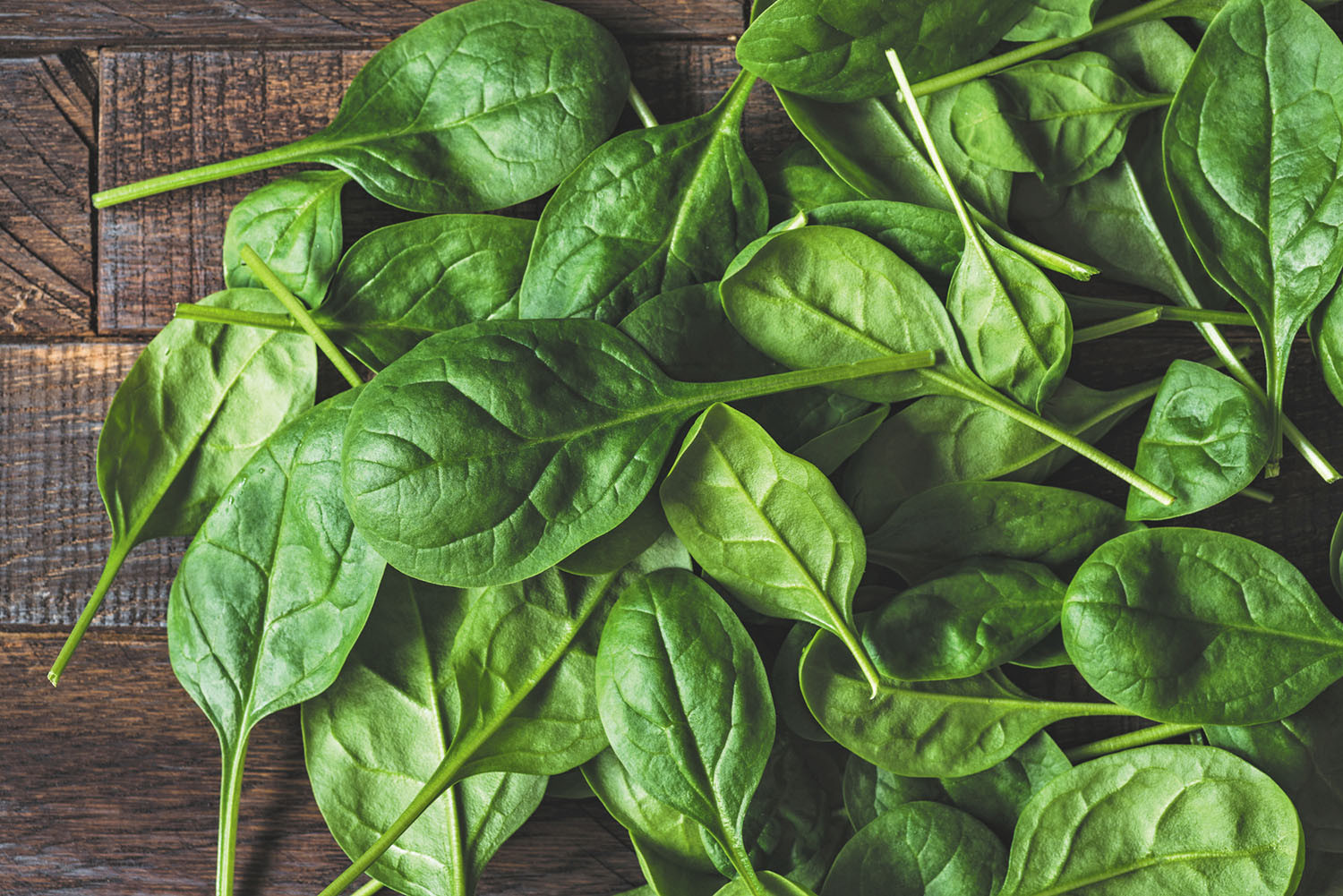
Trying to lose weight? Be careful not to lose muscle

Is your skin problem actually an autoimmune condition?

People with diabetes face higher risk of hearing loss

Antibiotic-free fixes for recurrent UTIs

Musculoskeletal syndrome of menopause: When menopause makes you ache all over

When can older women stop getting mammograms?

To lose weight, especially harmful belly fat, combine diet and exercise

Can men hold off on treating recurring prostate cancer?

The 7 types of rest and why we need them all

What are the early warning signs of cervical cancer?
Kidney Disease & Health Archive
Articles
Study links a sugar-heavy diet to a higher risk of kidney stones
According to a 2023 study, people who consumed 25% or more of their daily calories from added sugars had an 88% higher risk of developing kidney stones compared with those who kept their added sugar intake to less than 5% of their daily calories.
Kidneys, eyes, ears, and more: Why do we have a spare?
The human body has excess capacity — that is, our organs have more reserve than most of us will ever need. Why are we built with this natural redundancy? And which body parts can safely fail or be removed without impairing health?
Weak kidneys? Pay attention but don't worry excessively
Kidney function declines with age in some people. A heart-healthy diet and lifestyle will protect your kidneys. Once kidney function reaches a certain low level, medication and other steps to protect the kidneys may be necessary.
Preventing kidney stones
Men prone to kidney stones should drink plenty of water, get adequate calcium, reduce sodium, limit animal protein, and avoid foods that could make kidney stones more likely to form. Dietary restrictions depend on the stones the person tends to form.
Extreme heat: Staying safe if you have health issues
Climate change has made life-threatening heat waves increasingly common across the globe. Anyone with health issues will have a more difficult time in extreme heat, including older people and people with diabetes, heart disease, asthma, and other conditions. Be prepared by knowing how to identify and treat heat-related illness, and how to plan for hot days.
Can a kidney stone go away on its own?
An estimated one in 11 Americans has a kidney stone at some point in life. The larger a kidney stone, the more likely it will block urine flow and need treatment. Smaller stones may pass on their own. Drinking plenty of fluids can help prevent kidney stones.
The kidney-heart connection
More than one in seven adults has chronic kidney disease, yet many of them aren't aware of the problem. Early-stage kidney disease often has no symptoms, but the condition slowly and silently worsens over time. The two most common causes of chronic kidney disease—high blood pressure and diabetes—are also leading risk factors for heart disease, which means the two diseases often overlap. Most people know their blood pressure and cholesterol values, but few are familiar with the tests used to assess kidney health. They include serum creatinine, estimated glomerular filtration rate, and urine protein tests.
How to prevent kidney stones
Drinking water and changing your diet are just some ways to avoid kidney stones. See the full list here.
Novel procedure may lower stubbornly high blood pressure
Renal denervation is a minimally invasive procedure that destroys some of the nerves inside the renal arteries, which supply the kidneys. The procedure lowers blood pressure by disrupting communication between the brain and the kidneys that leads to elevated blood pressure. People with stubbornly high blood pressure may be candidates for the procedure, which is currently approved for use in Europe but not in the United States.

Trying to lose weight? Be careful not to lose muscle

Is your skin problem actually an autoimmune condition?

People with diabetes face higher risk of hearing loss

Antibiotic-free fixes for recurrent UTIs

Musculoskeletal syndrome of menopause: When menopause makes you ache all over

When can older women stop getting mammograms?

To lose weight, especially harmful belly fat, combine diet and exercise

Can men hold off on treating recurring prostate cancer?

The 7 types of rest and why we need them all

What are the early warning signs of cervical cancer?
Free Healthbeat Signup
Get the latest in health news delivered to your inbox!
Sign Up











